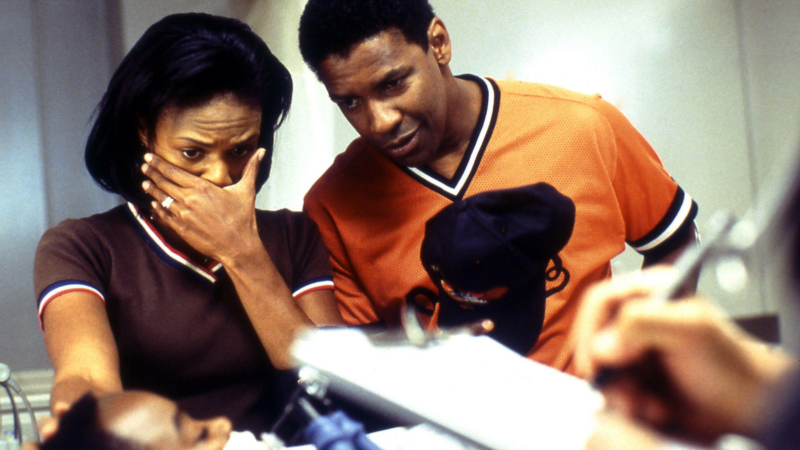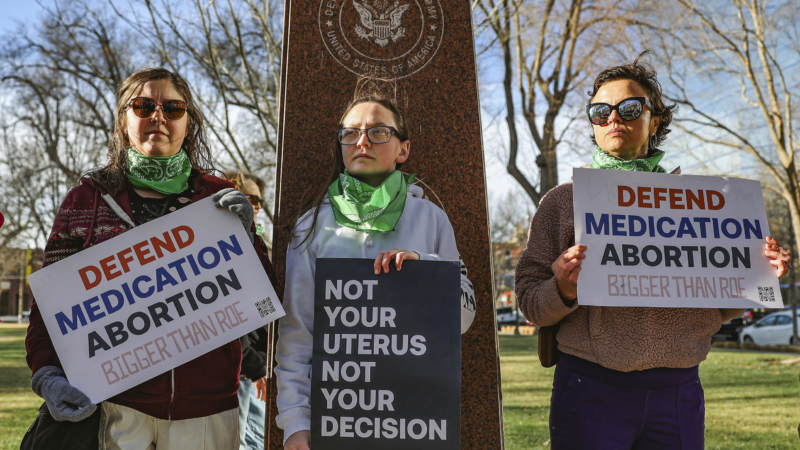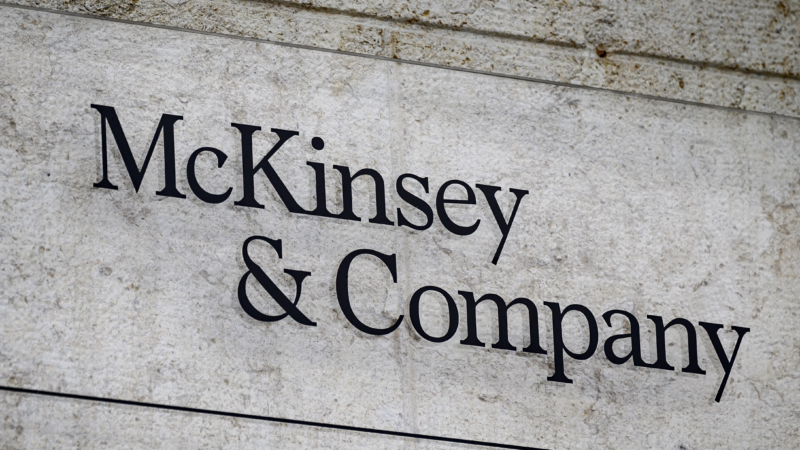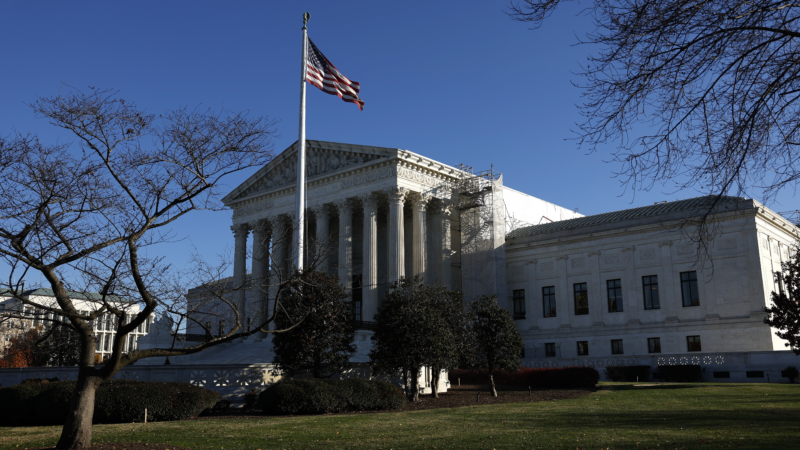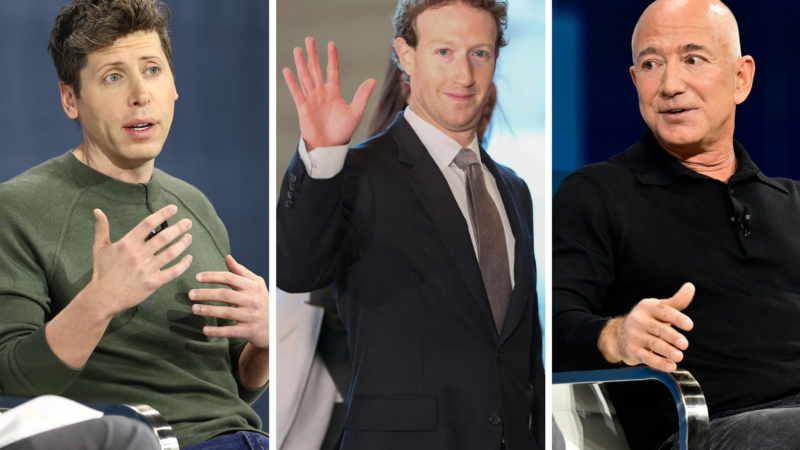In the movies, villainous health insurers have been a chronic condition
The killing of health insurance executive, Brian Thompson has led to a flood of anger on social media — directed not at the shooter but at health insurance providers — and suddenly, we’re surprised that in the public imagination, insurance companies seem to be bad guys? But Hollywood’s been making villains of them for years.
In 1997’s Oscar-winning comedy As Good as It Gets, one of the biggest laughs was always the scene in which Helen Hunt erupted into profanity while talking to a sympathetic doctor about care for her son. Care that’s not been coming his way because of “F****** HMO b****** pieces of s***,” is how she somewhat indelicately puts it.
When she glances at the doctor and adds a quick “I’m sorry,” he offers a bemused, “Actually, I think that’s their technical name.”
This moment in one of 1997’s most popular movies was just the tip of the HMO-bashing iceberg that year. Two other movies actually centered health insurance in their plots. The satirical comedy Critical Care took a doctors-eye view at a hospital where patients with good insurance were seen as cash cows, as opposed to the John Grisham thriller The Rainmaker, where Matt Damon’s crusading, if inexperienced, lawyer struggled to get his clients any care at all.
Negativity: A pre-existing condition?
Was all this negativity about health insurers just a bad year’s PR for the industry? Well, for a while, insurance companies didn’t have a lot of good years in Hollywood.
- Queen Latifah got a brain tumor diagnosis in Last Holiday (2006) that her HMO wouldn’t cover.
- Michael Moore suffered no health industry fools in his documentary Sicko (2007).
- The horror flick Saw VI (2009) centered on an insurance adjustor who quickly wishes he hadn’t denied coverage to the Jigsaw killer.
- Even Pixar’s animation team got into the act in The Incredibles (2004), though about insurance companies in general, not just health insurance. When Mr. Incredible is told to hang up his suit at the beginning of the film, he glumly returns to his insurance office cubicle to do what movie insurance adjusters invariably do: deny coverage to a sweet little old lady who lives on a fixed income. Then, his wife jokes about saving the world one policy at a time, and he comes up with a way to help her. But that gets him in trouble with his boss, who screams at him to stop writing checks to every Harry Hardluck and Sally Sobstory, and remember that his job is to keep Insuricare in the black.
Managed care and cost control
Films inevitably reflect public attitudes, and by the late 1990s and early 2000s, the public was demonstrably not happy with how health insurance works.
A 2004 article in the Journal of Health Law argued that Hollywood healthcare stories had turned into horror stories after insurance companies in America largely turned to a system called “managed” care — aimed at reducing unnecessary hospitalizations and making the healthcare industry more efficient.
By the mid-1990s, these corporate plans were widely credited for doing that. But their success came at a reputational price: never mind that hospitals, drug companies and others had all played roles, insurers got cast as the prime villains, and that sentiment was the one being reflected in Hollywood films, nowhere more urgently than in the 2002 medical thriller, John Q.
Denzel Washington played the title character who, when told his insurance wouldn’t cover a heart transplant for his critically ill 9-year-old, took hostage not just the hospital’s emergency room, but the sentiments of a public that gathered behind police lines on the street outside the hospital, seeming as disenchanted with insurers as he was.
And, much as his plight resonated with that crowd on screen, it seemed to touch a raw nerve with the more than 17 million movie patrons who saw John Q in theaters worldwide.
The film inspired editorials, soul searching and even full-page ads by the American Association of Health Plans, attempting damage control: “John Q: It’s not just a movie,” proclaimed the ads, “it’s a crisis for 40 million people who can’t afford health care.”
Critics were less enthused, but who’s ever accused a critic of having a heart?
Texas challenges shield laws by suing New York doctor who prescribed abortion pills
Texas Attorney General Ken Paxton filed the lawsuit against a New York doctor who prescribed abortion pills for a client near Dallas, pitting an abortion ban against laws that protect physicians.
McKinsey & Company to pay $650 million for role in opioid crisis
The powerful consulting firm McKinsey will "accept responsibility" and pay $650 million for helping to fuel the opioid crisis, but executives will once again dodge prosecution.
Supreme Court to hear challenge to California’s authority to set vehicle emissions standards
Ohio and 16 other Republican-dominated states have sued, asserting that a waiver granted to California to set its own rules violates the basic design of the U.S. Constitution, which they assert should treat states as equals.
Jubilant Syrians gather for Friday prayers for the 1st time since Assad’s ouster
In Damascus, people stood shoulder to shoulder at one of Syria's holiest sites, the Umayyad Mosque, in the first Friday prayers since Bashar al-Assad was overthrown less than a week ago.
Tech moguls Altman, Bezos and Zuckerberg donate to Trump’s inauguration fund
The donations are seen as the latest example of tech moguls' changing stance toward the incoming president. During his first administration, Trump clashed with Bezos and Zuckerberg.
How to prevent drowning: a ground-breaking report that’s startling yet hopeful
The World Health Organization gathered data from 139 countries for its first-ever report on how to prevent drowning.
